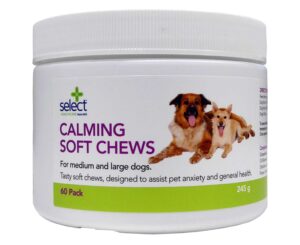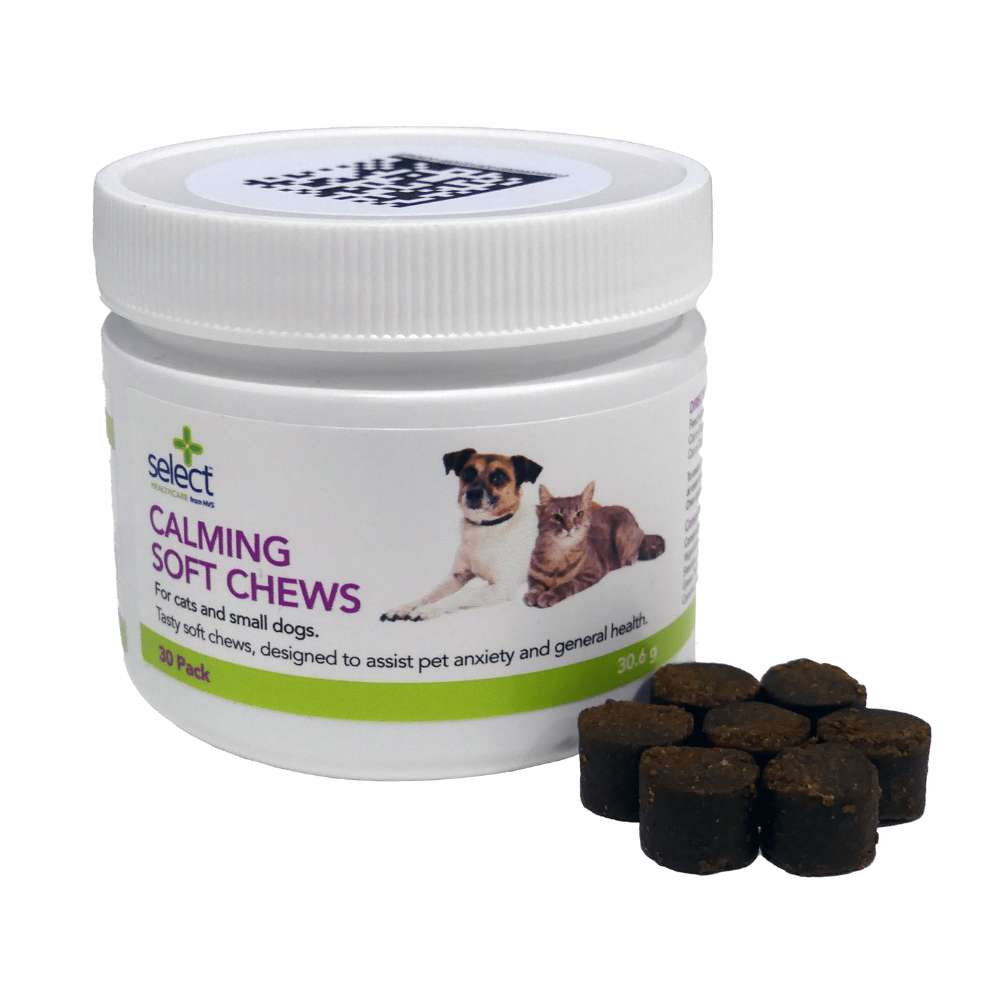
The Royal Veterinary College (RCV) has recently released the results of a study, conducted as part of their ongoing Pandemic Puppies project, which revealed that behavioural problems continue to be a significant concern for dogs in the UK. Almost all of the owners surveyed by the RCV reported that their dogs exhibited at least one problematic behaviour.
The PDSA’s 2023 PAW Report on Animal Welfare also confirms this trend, with 60% of veterinary professionals reporting that they had seen an increase in dog behavioural issues over the past two years.
These concerns can be attributed to the lifestyle changes brought about by the pandemic, particularly in three main areas: separation-related issues, limited socialisation opportunities, and training difficulties. As a result, more dogs are displaying behaviours such as growling, snapping, biting, jumping up, or showing signs of fear.
How can veterinary practices help with these behavioural issues?

Veterinary practices can play a crucial role in addressing these behavioural issues by providing support and guidance in the area of calming and anxiety. Often associated with separation anxiety, it can be challenging for pet owners to find the right solution for their furry companions. However, there are various practical tips and natural remedies that can help ease pet anxiety and promote a sense of calmness.
Maintain a routine
Pets thrive on routine, and maintaining a consistent daily schedule can be instrumental in significantly reducing their anxiety levels. Adhering to regular feeding times, exercise routines, and play sessions fosters predictability, providing pets with a comforting sense of security, especially during moments of heightened stress.
Create a safe space
Pets, especially dogs and cats, need a designated safe space where they can retreat to when they feel overwhelmed. This can be a cosy corner with their favourite toys, blankets, and bedding. Ensuring the space is well-ventilated and adding some soothing background music can enhance its calming effect.
Desensitisation and counter-conditioning
Gradual exposure to potential anxiety triggers, such as car rides, loud noises or vet visits, in a controlled and positive way, is a powerful behaviour modification technique. It can really help pets overcome fears and anxieties, promoting more positive and relaxed behaviour in stressful situations.
Providing physical and mental stimulation
Engaging pets in activities they enjoy can help divert their attention from external stressors and is an effective way to keep them calm and content. Regular physical exercise is crucial to release pent-up energy and induce relaxation. Additionally, incorporating brain games, feeding puzzles, and interactive toys offers a stimulating outlet for their curiosity, warding off boredom and anxiety.
Natural remedies and supplements
Natural remedies and supplements offer several advantages when it comes to calming pets. Firstly, they provide a natural and holistic approach to pet care, avoiding the potential side effects associated with pharmaceutical drugs. Natural remedies are mainly derived from plants and herbs, which contain a rich array of bioactive compounds that work synergistically to promote relaxation and reduce anxiety in pets. Moreover, natural remedies and supplements are often gentler on the pet’s system, making them suitable for long-term use without the risk of dependency or adverse reactions.
A closer look at herbal remedies
Common herbal ingredients for calming pets
When it comes to calming pets, certain herbal ingredients have gained popularity for their soothing effects. One of the most common of these is chamomile, known for its calming properties, it can provide relief from anxiety and promote relaxation.
Another popular herb is valerian root, which has a sedative effect and is commonly used to alleviate nervousness and restlessness. Other beneficial herbs include passionflower, known for its calming effects on the nervous system, and lemon balm, which helps reduce stress and promotes a sense of wellbeing.
How herbal ingredients can work in calming pets
Herbal medicines work in various ways to calm pets. Many herbs contain compounds that act on the pet’s central nervous system, promoting relaxation and reducing anxiety. For example, chamomile contains apigenin, a flavonoid compound that binds to specific receptors in the brain, producing a calming effect. Whilst valerian root contains valerenic acid, which acts as a natural sedative by increasing the levels of gamma-aminobutyric acid (GABA), a neurotransmitter that inhibits brain activity and promotes relaxation.
In essence, the combination of practical behavioural strategies and natural remedies provides a comprehensive approach to mitigate the challenges posed by pet anxiety and the associated behavioural issues. By empowering pet owners with these tools, veterinary practices can contribute significantly to the wellbeing of pets and help foster a more harmonious relationship between owners and their furry companions.
Our top product pick to help with calming & anxiety:
These delectable treats are not just a delight for taste buds but can also assist with pet anxiety and general health, all year round.
Calming comfort in every bite – Select Calming Soft Chews are formulated to help pets experiencing signs of pet anxiety.
Carefully selected ingredients – a specifically tailored blend of ingredients to effectively promote calming. With natural herbal ingredients, including Chamomile, Lemon Balm, Passion Flower and Valerian root and added vitamin C, B vitamins and amino acids including L-Tryptophan.
Irresistible bacon flavour – these treats come in an enticing bacon flavour for easier feeding and can be fed to pets whole or sprinkled onto food.
Available in packs of 30 & 60 – the treats come in two sizes for both cats and small to large dogs.
Click here to view our Calming & Anxiety Spotlight for more product inspiration.
The article was originally posted in The Cube magazine, February 2024 issue. Click here to read the magazine.





